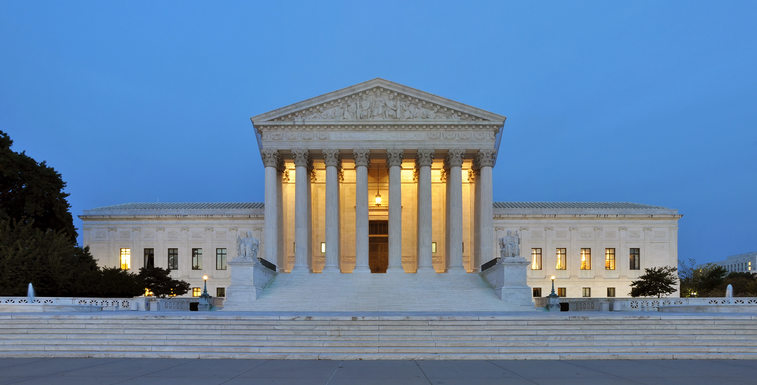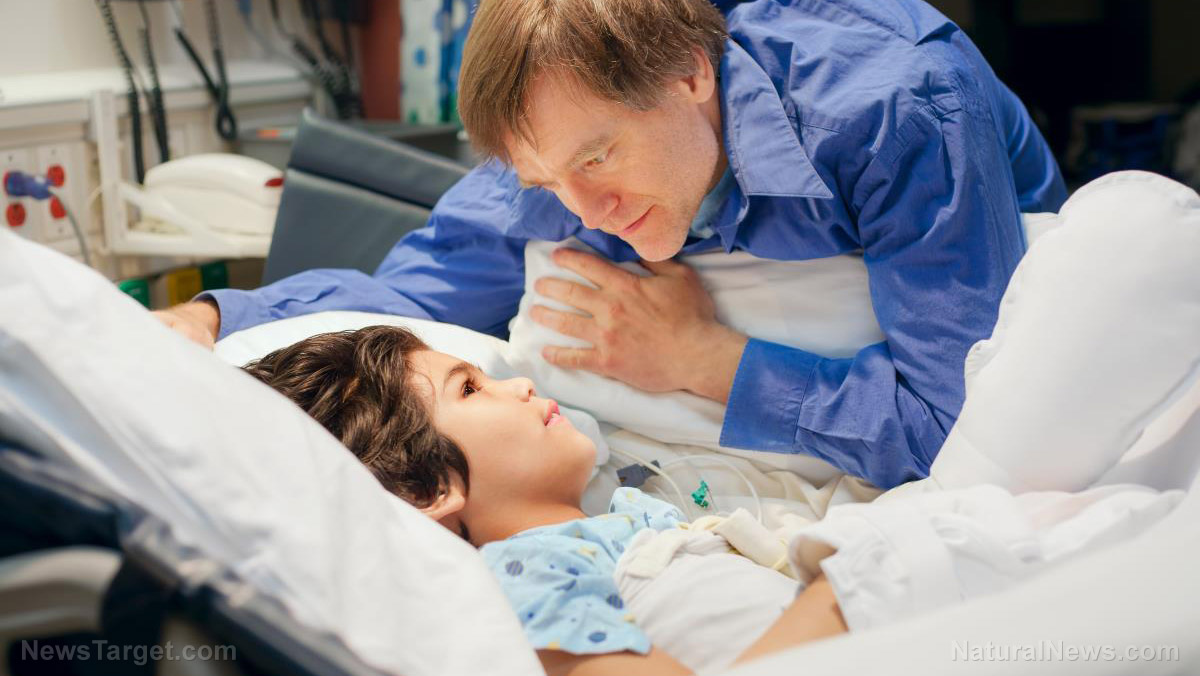Air carrier makes thousands of “ghost flights” to avoid losing privileges at major airports
01/07/2022 / By Mary Villareal

Brussels Airlines reportedly made around 3,000 ghost flights, or flights with little to no passengers on board, over winter to avoid losing take-off and landing rights at European airports. The air carrier is expected to make many more by the end of March 2022.
Lufthansa Group, the airline’s parent company, confirmed that there had been around 18,000 flights flown empty, including the 3,000 carried out by Brussels Airlines, which is Belgium’s biggest air carrier.
European airlines are normally forced to operate at least 80 percent of their scheduled take-off and landing slots under regulations, or else they will lose their privileges. The rule was suspended by the EU at the height of the coronavirus pandemic but reintroduced at 50 percent level last spring. In December, the European Commission said that the current threshold will be raised to 64 percent for the April to November summer flight season.
Landing and departure slots for popular routes in large airports are very precious commodities in the industry, which is why airlines have to guarantee a high percentage of flights to keep their privileges. This is also why loss-making flights need to be maintained to ensure that the companies can keep their slots.
The “use it or lose it” practice has been accepted despite pollution concerns, but the pandemic, which put a slump in air travel, put the practice in question.
A spokesman for the International Air Transport Association (IATA) said that despite their urgings for more flexibility, the EU approved the 50 percent use rule for flights held for the winter, although it has clearly been unrealistic in the EU during the winter season due to the current crisis.
Belgian Federal Minister of Mobility Georges Gilkinet said that the standards set by the EU could only lead to failure, both from an ecological and economic standpoint. He also said that he has already written to the European Commission to demand that the rules be relaxed further to keep empty planes on the ground, adding that the EU needs to show more flexibility, given the significant drop in passengers and impact of omicron numbers on crewing the planned plane schedules.
However, Daniel Ferrie, a commission spokesman, said that the reduced demand was already reflected in the adjusted 50 percent threshold. He said that the Commission expects that operated flights follow consumer demand and offer the much-needed continued air connectivity to citizens.
With high vaccination rates and a standardized EU health certificate, Brussels still plans to raise the threshold to 65 percent as they are expecting a recovery in air travel. The Commission is hoping to take another step toward the “return to normal” over the summer, although it said it would monitor the drop in flight bookings linked to omicron.
European countries tighten travel rules
Other European countries such as France and Italy have tightened travel rules because of omicron, but governments seem to have virtually given up on the said restrictions. Britain, for instance, is moving to restore softer measures of last autumn.
IATA also said it is time for Britain to remove testing requirements entirely for vaccinated people, with director general Willie Walsh saying that it’s clear the extra measures had little to no impact on the spread of the new variant.
Major airlines like Lufthansa, Air France and KLM say that they are still counting on further flexibility and further decreasing of threshold level on the time slots.
“More flexibility in the short term is required, not just in summer but also in the current winter schedule. Without this crisis-related flexibility, airlines are forced to fly with planes almost empty, just to secure their slots,” a statement from Lufthansa said. (Related: COVID-19 hits aviation industry: American Airlines grounds fleet, suspends flights.)
This move, however, will put EU in a bind. On one hand, it needs to ensure that airport slots are open to fair competition, but on the other hand, it wants to keep polluting planes away from flying as much as possible, considering that EU held bold promises of environmental action, with Brussels hoping to reduce carbon emissions from the transport sector by 90 percent by 2050.
Watch the video below to learn more about what the new normal is for airplane travel:
This video is from the “InfoWars” channel on Brighteon.com.
Read more at Pandemic.news.
Sources include:
Tagged Under: absurd, air travel, big government, Brussels Airlines, coronavirus, covid-19, European Union, IATA, International Air Transport Association, Lufthansa, Medical Tyranny, omicron, pandemic
RECENT NEWS & ARTICLES
MedicalFascism.News is a fact-based public education website published by MedicalFascism News Features, LLC.
All content copyright © 2018 by MedicalFascism News Features, LLC.
Contact Us with Tips or Corrections
All trademarks, registered trademarks and servicemarks mentioned on this site are the property of their respective owners.




















